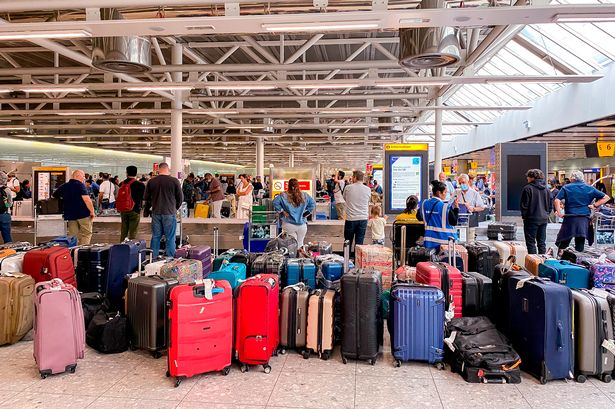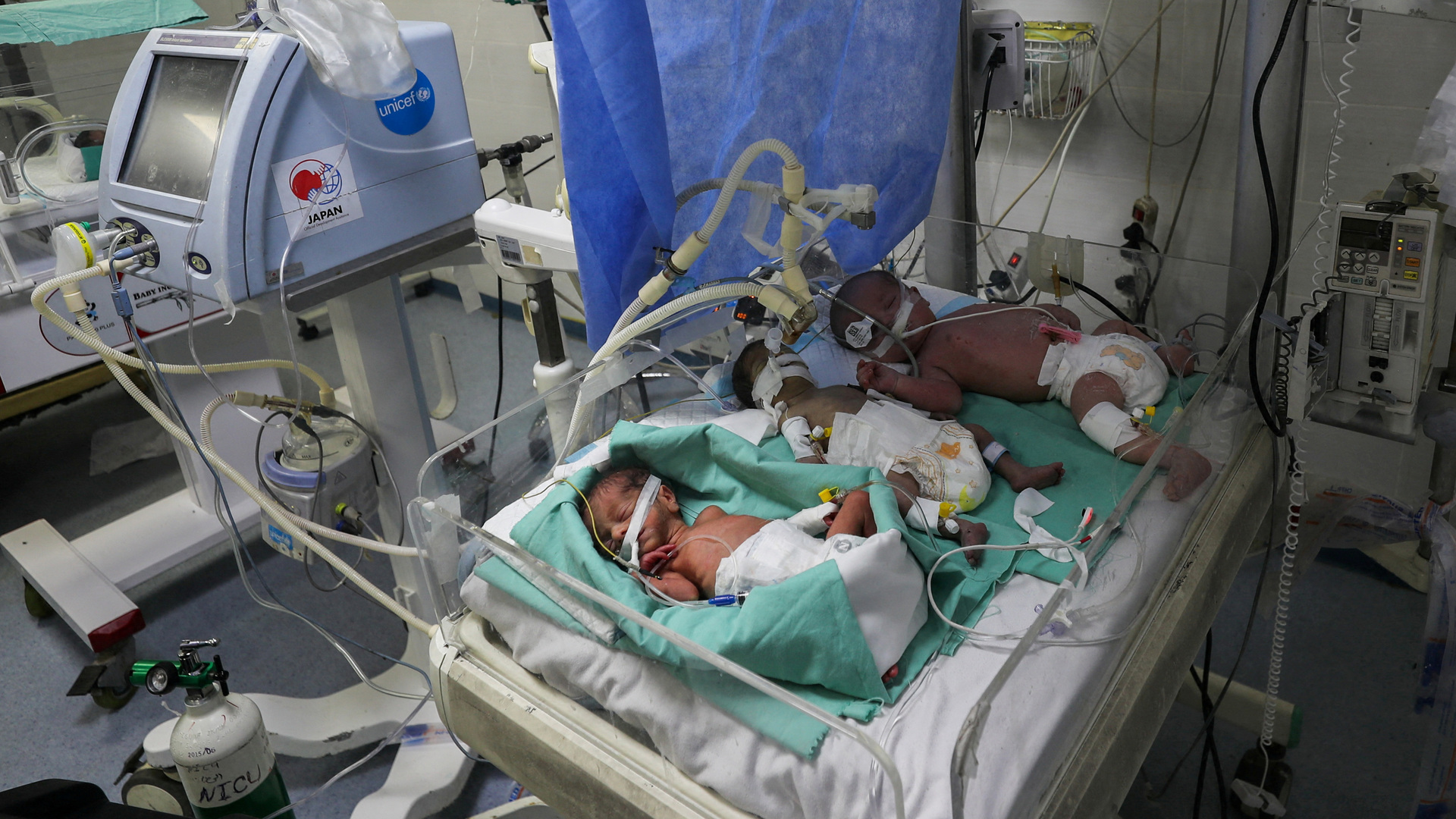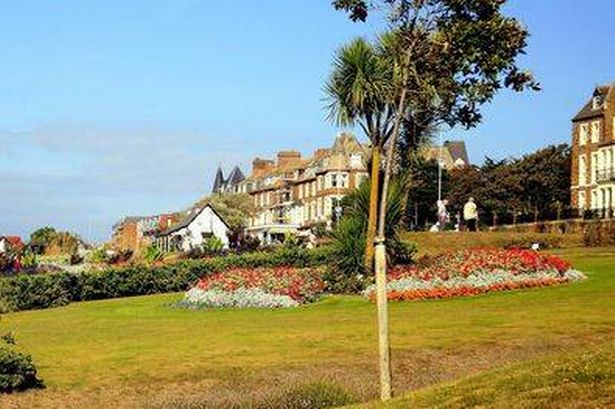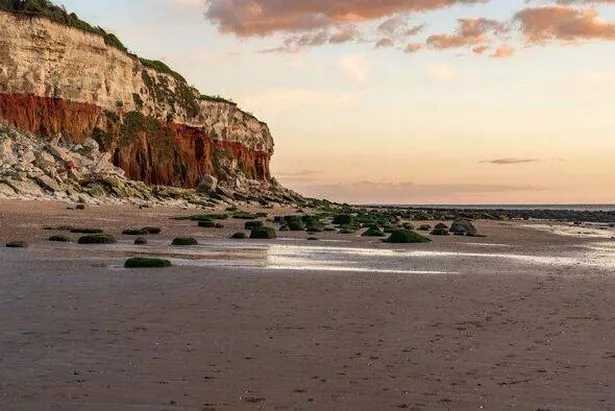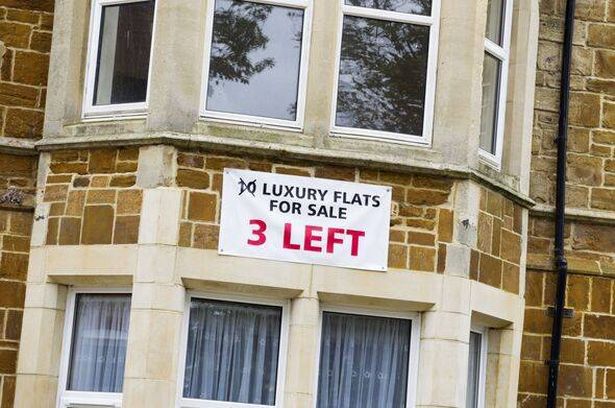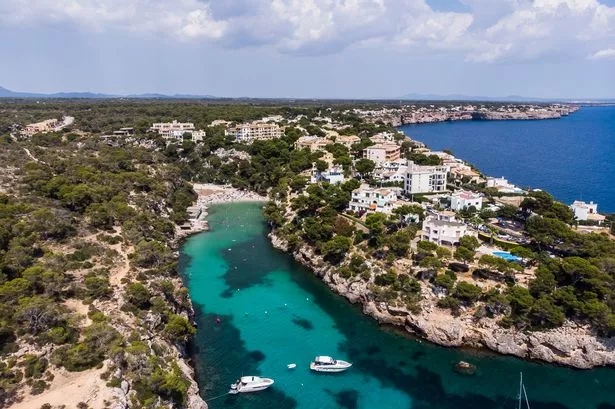Visitors to Japan are leaving behind their suitcases behind at hotels and airports, causing significant cost, hassle and even security concerns, Audrey Kohout, Co-CEO of Luggage Forward, told the Mirror
Japan has a rather unusual tourist problem.
Holidaymakers in the Asian country are leaving behind their suitcases. It’s not an isolated phenomenon. Hundreds of bags are being dumped, cluttering up airports and hotels.
At the root of the problem are souvenirs. The recent weakness of the yen in comparison to the dollar and pound means tourists can load up on cute gifts in Japanese gift shops in a way they have never done before.
Weighed down with a hotel room full of Pikachu dolls, unusual flavours of KitKats and yukata, tourists are buying large bags to take everything home with them. They then dump the bag they brought rather than paying to take two home.
A survey by the Osaka Convention and Tourism Bureau found that more than 80 percent of the hotels surveyed complain about abandoned suitcases. This can prove tricky for hotels, which end up storing the bags while they attempt to make contact with the departed guest.
The Best Western Hotel Fino Osaka Shinsaibashi reports about three or four suitcases left in rooms on some days. Disposal cost the hotel more than £1,400 last year.
While the issue is one of inconvenience and financial cost in hotels, it is a security matter in airports. Narita International Airport near Tokyo reported more than 1,000 abandoned suitcases last year alone, some of them prompting police responses to ensure that they aren’t a security threat.
Audrey Kohout, Co-CEO of Luggage Forward, told the Mirror: “A few things in Japan have led to this trend there as opposed to other surging places. Japan is a wonderful place for souvenir shopping. People are purchasing a huge amount and are upgrading to a bigger suitcase, as they didn’t plan ahead.
“You combine that with checking a bag on an airline, and it leaves people a bit squeezed and not wanting multiple bags. The dollar is strong there. You merge that with Japan having a lot of high-quality, affordable options and fun knick-knacks. It lends it to be a strong souvenir destination.
“Also, it is not an easy place to throw something away. It is built for residents. I remember walking around with a coffee cup for miles. You’re supposed to bring things home and dispose of them at home. Abandoning it can be easier than throwing it away.
“There is also often a language barrier. Japan is a pretty easy place to get around, but not a lot of people speak English. Just getting support on something that’s not wildly obvious is not the easiest thing to do there.”
Japan has quickly become one of the most popular destinations in the world for a holiday, and it’s having a bumper year. The weak state of the yen is encouraging visitors to book holidays in record numbers.
From the UK alone, just shy of 70,000 Brits travelled there in April, a 43% increase compared to the same month in 2024. Overall, Japan set a new visitor record with 21.5 million tourists in the first half of 2025, a 21% increase from last year.
